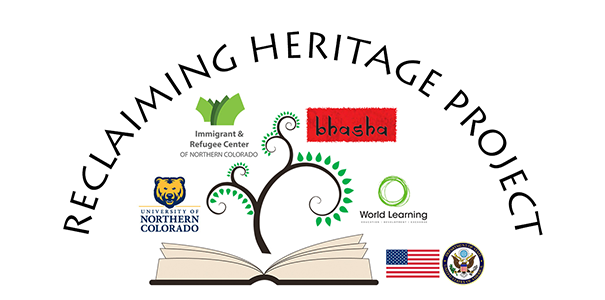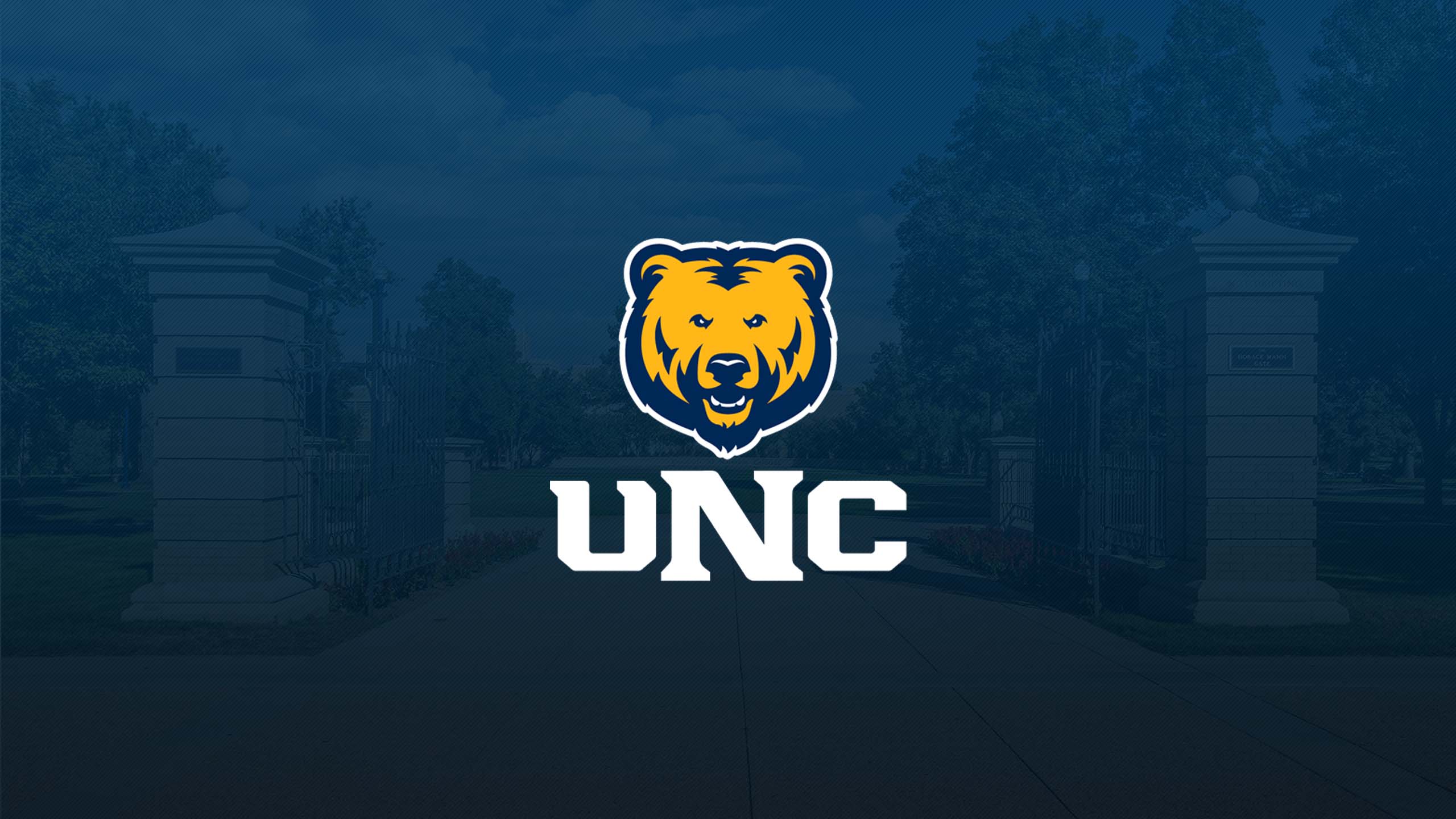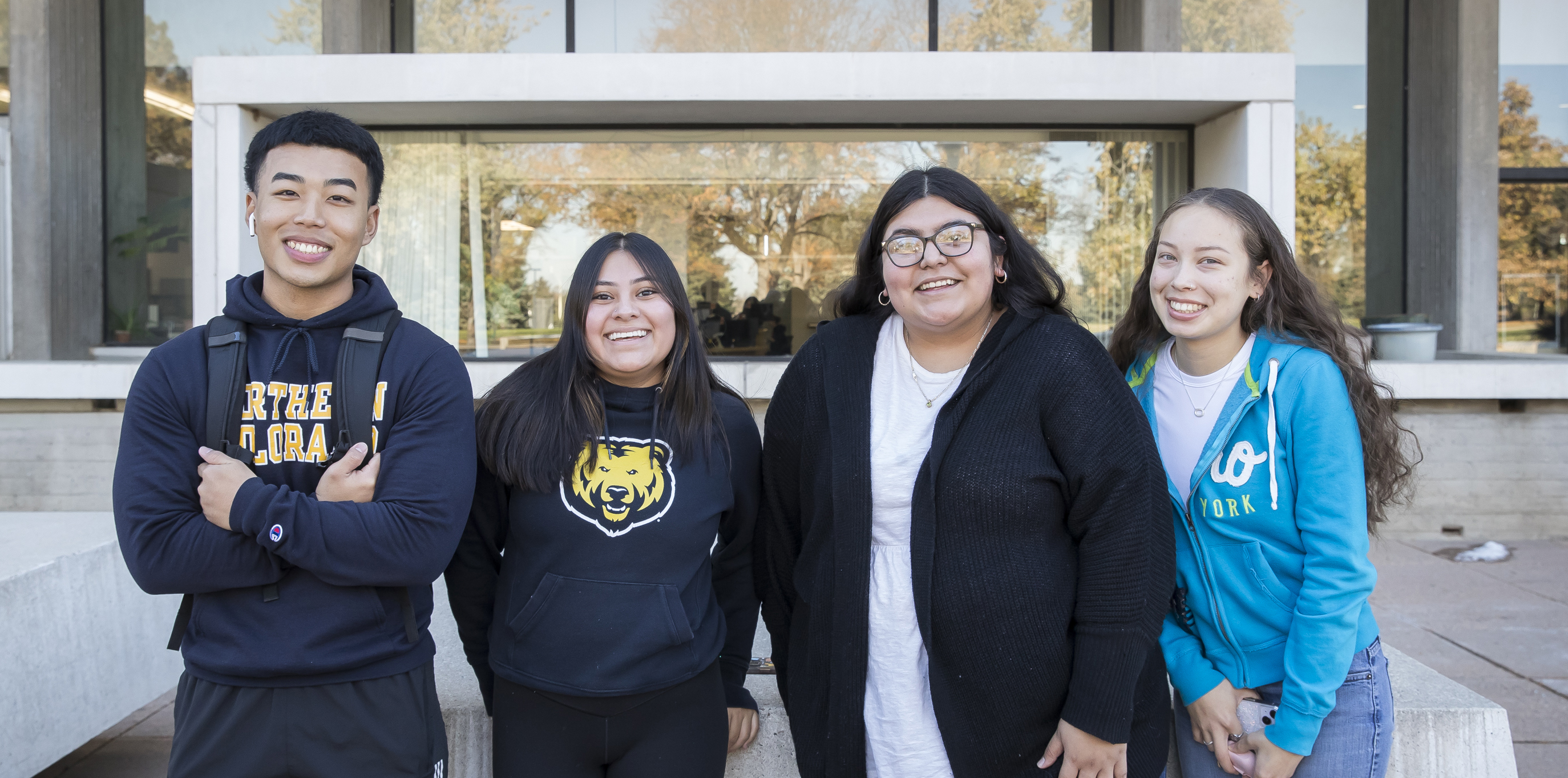
On June 18 at 9 a.m., Michael Kimball, Ph.D., a professor in UNC's Department of Anthropology, will facilitate a webinar showcasing the work students in his applied anthropology class completed as part of a grant-funded community project, Reclaiming Heritage II: Building Social Bonds and Bridges with Cultural Heritage.
The Reclaiming Heritage project, which ran from January 1 through May 14 of this year, was a partnership between UNC and Bhasha Research and Publication Center in India. The partnership was formed as a collaboration to produce, analyze, share and archive videos that portray the cultural heritage in each geographic region’s respective immigrant and refugee or indigenous communities. It was funded by a grant from the US Department of State and World Learning, a Washington DC-based educational nonprofit, through their Communities Connecting Heritage (CCH) grant program. According to the project description on the CCH website, the purpose of the video project was to provide not only an opportunity for each group to share their cultural heritage, but also build bonds with their local communities in the process, “paving a pathway for integration with others in their community.”
While undergraduate students in Kimball’s applied anthropology class teamed up with students and the English as a Second Language (ESL) instructor from the Immigrant and Refugee Center of Northern Colorado (IRCNOCO), cultural preservationists and filmmakers teamed up with members of the Rathwa tribal communities in Gujarat, India. Although the initial intent was to share the cultural heritage videos between the two institutions as the project progressed, the pandemic’s spread, particularly in India, made collaboration challenging. Regardless, Kimball’s class proceeded with their own work in the community and stayed in regular contact with their partners in India.
Over the course of 12 weeks outside of class time, Kimball’s students broke out into teams to facilitate small-group, themed conversations with students from IRCNOCO. The conversations, focused on aspects of each individual’s cultural heritage, such as traditional dress, festivals, ceremonies, holidays and food, served as inspiration for the content of the videos. Students from Kimball’s class coordinated the meetings, performed research, collected and analyzed data and provided feedback regarding possible content for the videos. The students from IRCNOCO produced the videos. The end result, according to Kimball, was successful on many levels.
“The students in my class, every single one of them contributed so much to the success of this project,” Kimball said. “I think it’s because they felt it was relevant and they felt they were doing something that mattered. And that they were building really unique interpersonal relationships with folks they never would have maybe had the chance to meet and hear stories they maybe never would have had the chance to hear.”
Kimball said the participants from IRCNOCO, who came from a range of countries including Honduras, Mexico, Brazil, Venezuela, Benin, Eritrea, Rwanda, and Myanmar, valued the experience as well.
“They really enjoyed sharing their cultural heritage with other people,” Kimball said. “It made them feel like they had something valuable to share, that they were being heard and seen and they felt validated. They also loved the sense of cross-cultural similarity they were discovering across different cultural identities and across different geographies.”
According to Kimball, the interactions between the two groups produced countless benefits, some of them related to cultural heritage, some related to creating bridges and improving the social bonds between different cultures and some very practical, such as an improvement in English language skills for the IRCNOCO students and a unique professional development opportunity for UNC students.
“It’s incumbent upon us in the department to help our students develop themselves professionally so they can maximize the knowledge and skills they get from their education in a way that allows them to get a job or compete for a job successfully,” Kimball said. “This is a great example that these students now have a story to tell that a lot of other people can’t tell.”
Anyone can register for this free webinar as representatives from the project gather to describe their work, share stories, screen a selection of the cultural heritage videos and take questions from the audience.
— Written by Deanna Herbert
More Stories
-
Governor Polis Reappoints Two to UNC’s Board of Trustees
Este artículo no está en español.
-
State Farm Invests in Career Readiness Initiatives for UNC Students
Este artículo no está en español.
-
Commentary: The Importance of Investing in First-Generation Students
Este artículo no está en español.
-
Supporting First-Generation College Students to Become Next-Generation Leaders
Este artículo no está en español.




